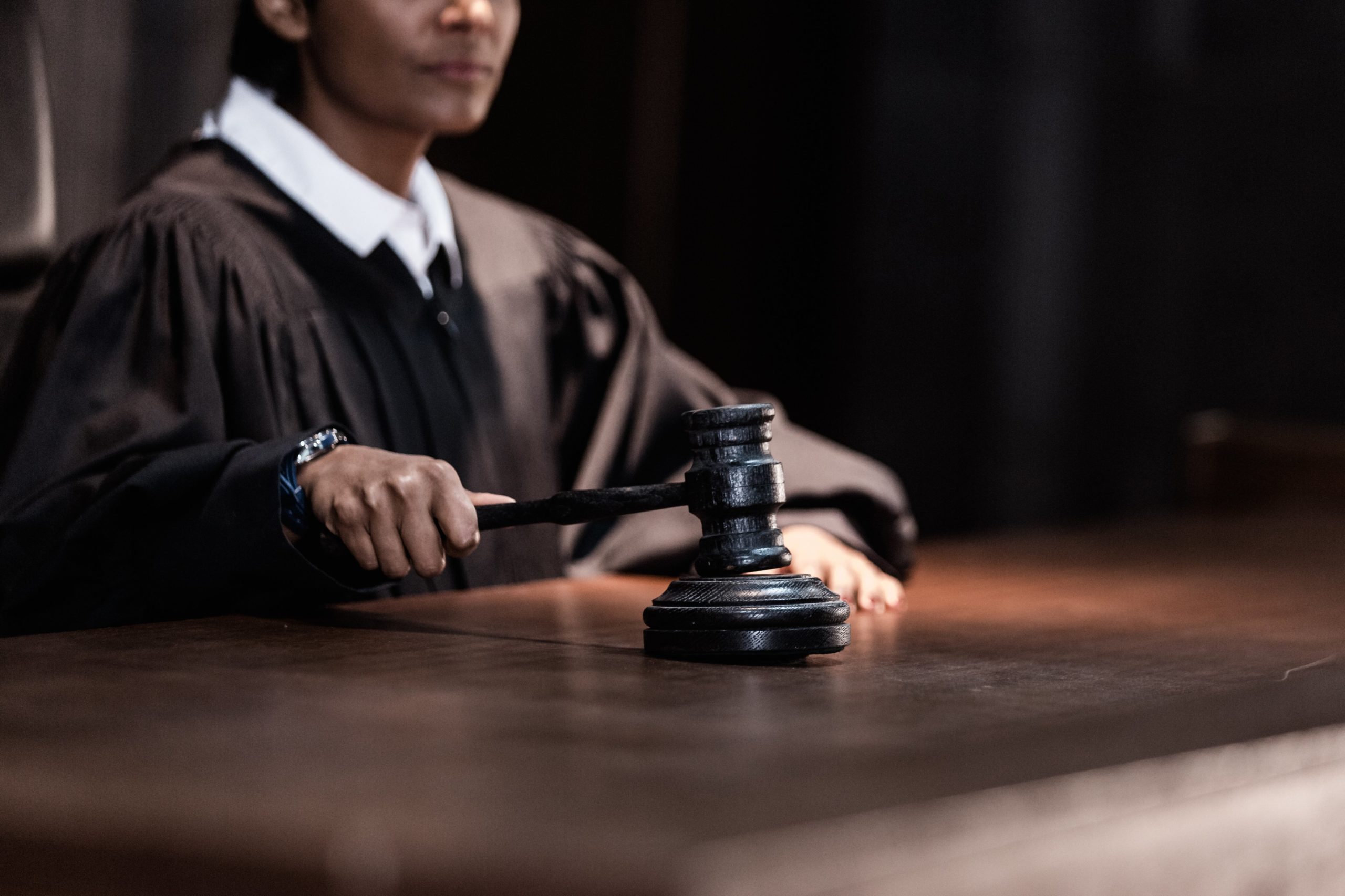Explaining PA Lawsuits Using Plain Language (Part VII) – The Final Countdown

This post is part of our ongoing series translating the lawyer-gibberish of Pennsylvania lawsuits into something understandable. For the definitions of the terms in bold, check out the post that launched this series. A list of the posts in the series is also at the end of this article.
So, we’ve made it to the final countdown: trial. It’s time for winners (and losers) to be decided. Only a small fraction of cases make it this far. For example, in 2018 here in Lancaster County, only 72 of the 4,306 civil cases on the docket (1.6%) were tried. And the majority of those were handled by an arbitration board. Most cases are settled or are resolved through dispositive motions.
But even if your case is not one of those that makes it this far, what might happen at the end will impact your case and settlement strategy. So it’s worth thinking about this final step.
Arbitration
The most common form of trial is not truly a trial at all. For cases with less than $50,000 in dispute, the case is submitted to a panel of three arbitrators. (This amount varies from county to county, but this is Lancaster County’s line.) The arbitrators are experienced lawyers who hear testimony and evidence from all sides then reach a collective decision. No judge will be present for the arbitration.
The advantage to arbitration is that you get a decision much faster than waiting for a Court of Common Pleas judge to be available.
Trial (Jury and Non-Jury)
The traditional Law and Order style trial is another alternative. Cases worth more than the arbitration limit or which ask for injunctive relief go here. Injunctive relief is when you ask the Court to issue an order forcing someone to do something (like getting off your property) or to not do something (like coming back without your permission).
There are two flavors of trial.
A jury trial is when a group of citizens act as the decision-makers. The judge is in the courtroom to rule on objections and control the proceedings, but the jurors make the ultimate decision. You will not always have a jury with 12 members like you see in the movies.
A non-jury trial is when the judge acts both to control the proceedings AND makes the final decision. There are strategic reasons to ask for a jury or non-jury trial, so talk with your lawyer about this at the very beginning of your case (you have to ask when you file your first documents).
The Big Decision
Whether you are in an arbitration or a trial, typically, the plaintiff must prove each claim by “a preponderance of the evidence.” This standard is lower than you will see in criminal cases (which are decided “beyond a reasonable doubt”).
An easy way to remember “a preponderance of the evidence” is that it means more likely than not or 51% sure. So if more than half of the arbitrators or jurors agree with you, you win! And they do not have to be absolutely certain you are right; just that it is more likely you are right.
There are a handful of claims where the burden shifts between the parties or a higher burden applies, so confirm with your lawyer what the standard is for your case.
The decision, whether by an arbitration panel, judge, or jury, is converted to a judgment. This judgment is filed of public record in the courthouse.
Appeal
What if you (or the other side) don’t like the outcome? If you think a mistake was made, you can take an appeal to a higher authority.
From an arbitration, you appeal to the Court of Common Pleas.
From a trial, you appeal to one of Pennsylvania’s intermediate appellate courts, the Pennsylvania Superior Court or the Pennsylvania Commonwealth Court.
Examples of errors might be that the arbitrators or judge did not let you use a certain witness or piece of evidence. Or that the wrong legal standard was read to the jury.
Just remember that “I think they got it wrong” is not a reason for an appeal. You get only one bite at the apple. So put your best foot forward at the arbitration or trial. And if you are worried the case is not going well for you? You can always agree to a settlement even after the trial starts…
Check out the rest of our series “Explaining PA Lawsuits Using Plain Language”:
- Key Terms – the definitions you need to know
- Let’s Get It Started – before we get to court
- Pleading (Not the 5th) – the basics of stating the claims
- Who’s On First? –collecting evidence
- It’s Your Turn to Talk – what you need to know about depositions
- As a Matter of Law – motions that could end your case before trial
- The Final Countdown – trial and post-trial procedures
